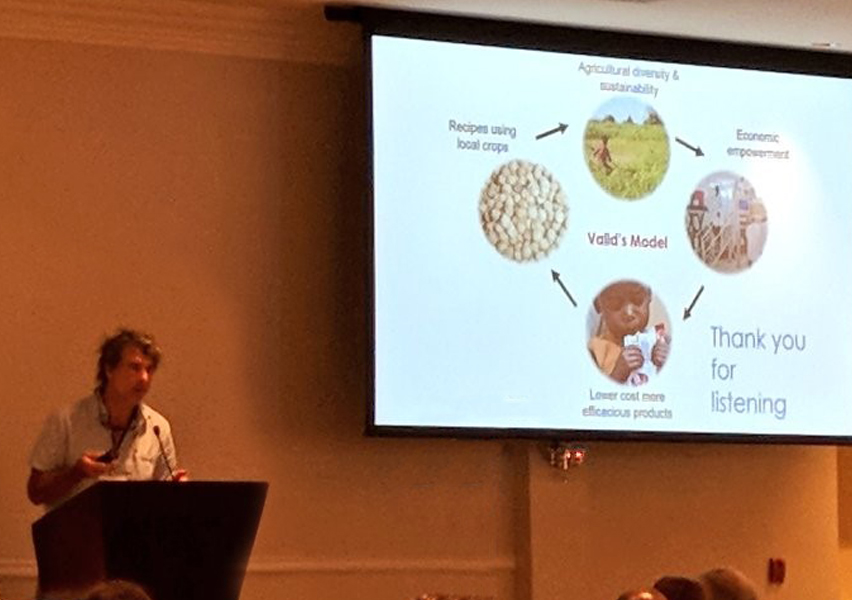Cookies on the Valid Nutrition Website
Like all modern websites, Valid Nutrition’s website uses Cookies to help provide visitors with the best experience we can. Cookies are small text files that are placed on your computer or mobile phone when you browse websites.
Our cookies help us:
- make our website function and work as you’d expect;
- improve the speed and the security of the site;
- allow visitors to share pages with social networks, like Facebook etc.;
- continuously improve our website for our visitors.
We do not use cookies to:
- collect any personally identifiable information;
- collect any personally sensitive information;
- pass any data to advertising networks;
- pass personally identifiable data to third parties; and/or
- pay sales commissions.
If the settings on the software our visitors are using to view our website (i.e. the browser) are adjusted to accept cookies, we take this and the continued use of our website, to mean that our visitors are fine with the conditions of use outlined above. Should a visitor wish to remove or not use cookies from our site they can learn how to do this below, however doing so will likely mean that our site will not work for them as they would expect.
Third party functions
Our site, like most websites, includes functionality provided by third parties. A common example is an embedded YouTube video. Our site includes the following which use Cookies:
YouTube – powers the videos on our site.
(https://www.youtube.com/static?gl=IE&template=privacy_guidelines)
Google – Privacy Policy -(https://policies.google.com/privacy)
Disabling these cookies will likely break the functions offered by these third parties
Social Website Cookies
Visitors can easily “Like” or share our content on the likes of Facebook and Twitter and we have included sharing buttons on our site for this purpose.
Cookies are set by:
ShareThis – Privacy Policy provides us with lots of sharing buttons all in one package.
Twitter – Privacy Policy. The privacy implications on this will vary from social network to social network and will be dependent on the privacy settings you have chosen on these networks.
The privacy implications on this will vary from social network and will be dependent upon the privacy settings you have chosen on these networks.
Anonymous Visitor Statistics Cookies
We use cookies to compile visitor statistics such as how many people have visited our website, what type of technology they are using (e.g. Mac or Windows which helps to identify when our site is not working as it should for particular technologies), how long they spend on the site, what page they view etc. This helps us to continuously improve our website. These so called “analytics” programs also tell us, on an anonymous basis, how people reached this site (e.g. from a search engine) and whether they have been here before which in turn helps us to develop our site for our audience..
Turning Cookies Off
Visitors can usually switch cookies off by adjusting your browser settings to stop it from accepting cookies (Learn how here – https://www.attacat.co.uk/resources/cookies/how-to-ban). Doing so however will likely limit the functionality of Valid Nutrition’s site (as well as a large proportion of the world’s websites) as cookies are a standard part of most modern websites. It may be that visitors have concerns around cookies related to so called “spyware”. Rather than switching off cookies in your browser, visitors may find that anti-spyware software achieves the same objective by automatically deleting cookies considered to be invasive.

Dr Steve Collins reflects on the opportunities and problems associated with the USD$250 million contribution announced by Administrator, Samantha Power of USAID – a positive catalyst for change?

VALID commissioned and achieved peer-review of a professional report to quantify objectively the overall climate impact profile of the amino-acid enhanced, plant-based RUTF recipe. It has found that the overall global warming potential impacts of the plant-based RUTF recipe are 47%-52% less than the milk-peanut based recipe.

Dr Steve Collins gives a hugely informative and enlightened interview to ENN podcast while discussing his candid Reflections on the UN Global Action Plan on Wasting.
